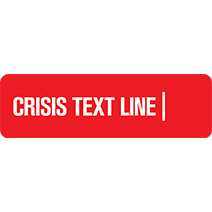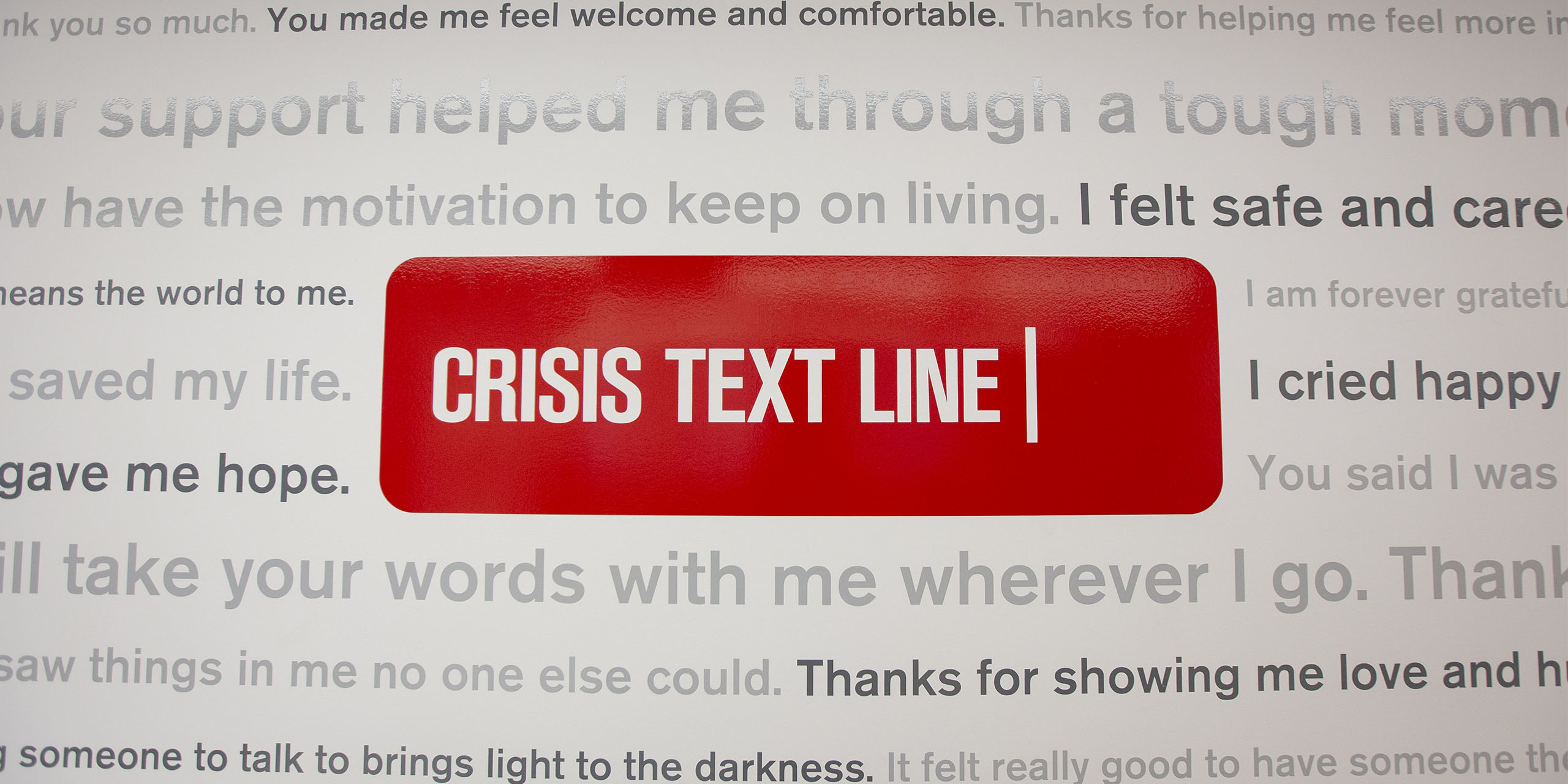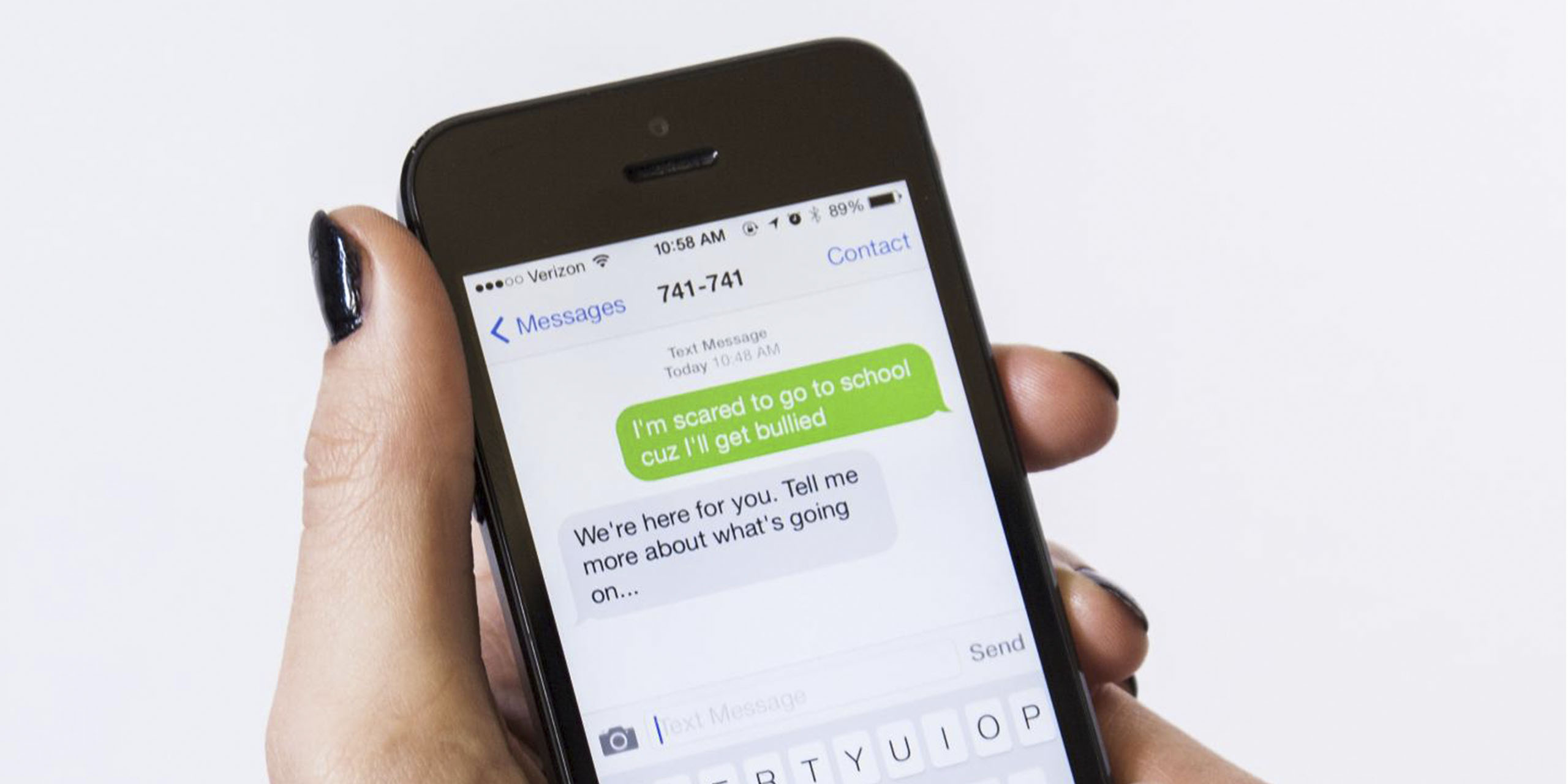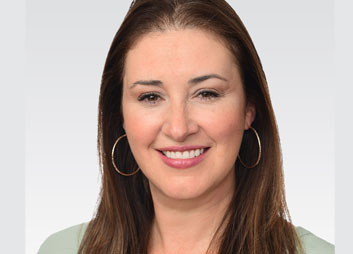One in four people across the globe will struggle with mental illness at some point in their lives. Nearly two-thirds will never seek help from a health professional. Suicide claims nearly 50,000 lives in the U.S. alone every year—more than twice the toll of homicide. In the past two decades, suicide rates have increased by nearly 30 percent across all demographics. Young adults have seen an increase of major depression by 47 percent since 2013.
Crisis Text Line saw the need to create rapid-response crisis counseling by leveraging big data and the dominant communication medium of today—text messaging. Crisis Text Line reaches underserved demographics; it skews young, rural, and low-income. People in crisis text 741741 and a trained Crisis Counselor responds within minutes, 24/7, to help assess risk, deescalate the situation, and craft a plan for continued safety.
Crisis Text Line supports people in imminent danger and uses its real-time data to continuously improve their intervention services. Crisis Text Line hosts the largest public dataset on mental health. In addition, they share aggregated and anonymized data via CrisisTrends.org with the goal of strengthening the broader mental health system. Partners—ranging from police departments to state departments of health, and community colleges to the Boys and Girls Club of America—use this data to improve essential services and shape policy. Crisis Text Line’s innovation makes crisis counseling more accessible and efficient while working to catalyze an effective, cohesive mental health support system.







